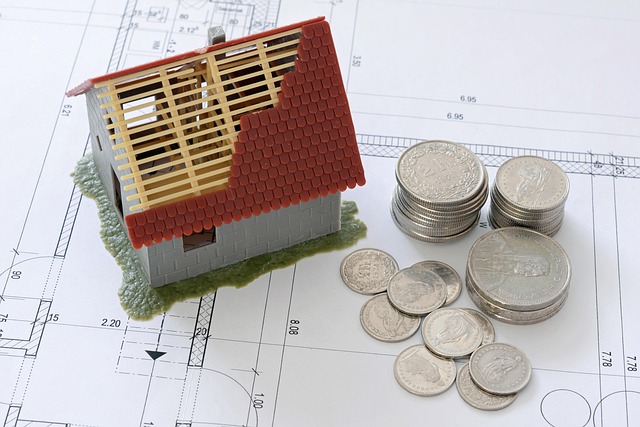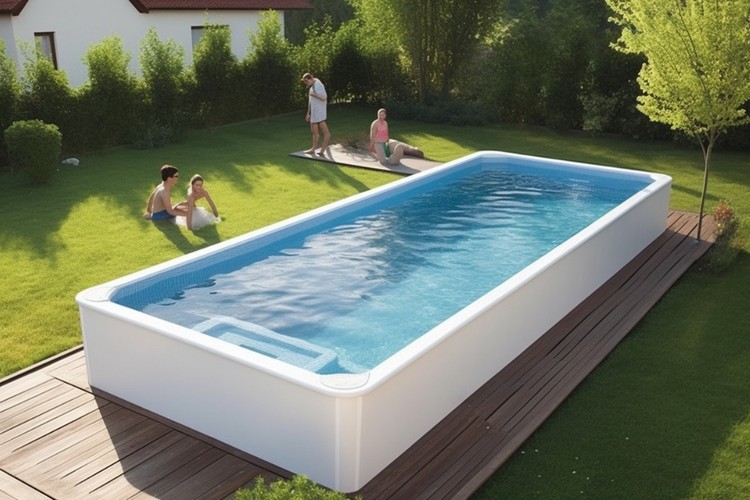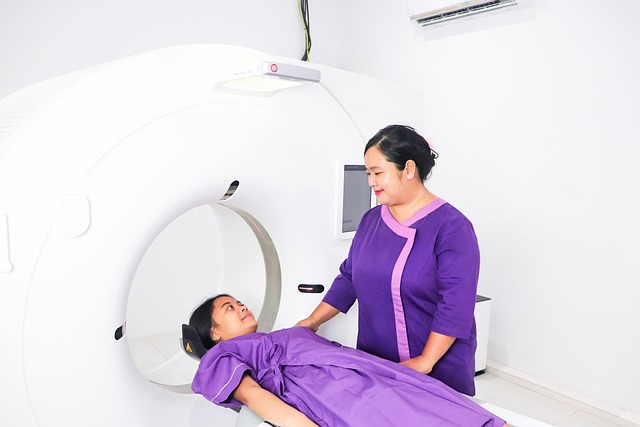Veteran Property Upgrade Programs: A Complete Overview
Veterans who have served their country often seek ways to improve their homes while maximizing available benefits. Understanding the range of property upgrade programs designed specifically for veterans can help make informed decisions about renovations and repairs. These programs offer various financing options, grants, and specialized loan products that recognize military service while addressing housing needs.

Understanding VA Home Renovation Loans
VA home renovation loans provide veterans with opportunities to purchase or refinance a home while simultaneously funding necessary improvements. The VA Rehabilitation and Renovation Loan program allows eligible veterans to finance both the purchase price and renovation costs into a single mortgage. This streamlined approach eliminates the need for multiple loans and simplifies the borrowing process. Eligible improvements can range from essential repairs like roof replacement and HVAC system upgrades to accessibility modifications and energy-efficient installations. The loan amount is based on the projected value of the home after renovations are completed, giving veterans access to funds that reflect the improved property value.
Key VA Loan Benefits for Home Improvement
Veterans utilizing VA-backed financing for home improvements enjoy several distinct advantages compared to conventional loan products. No down payment requirements make these programs accessible to veterans who may not have substantial savings set aside for upfront costs. VA loans typically do not require private mortgage insurance, reducing monthly payment obligations and overall borrowing costs. Interest rates on VA renovation loans are often competitive with standard VA purchase loans, and the VA guaranty provides lenders with security that can translate into favorable terms for borrowers. Additionally, the VA sets limits on closing costs and fees that lenders can charge, protecting veterans from excessive expenses during the financing process.
VA Grants for Home Renovation in 2025
Several grant programs exist to help veterans fund home modifications without taking on additional debt. The Specially Adapted Housing grant provides up to a specific amount for veterans with certain service-connected disabilities to make necessary home modifications. This grant can be used for accessibility improvements such as wheelchair ramps, widened doorways, and accessible bathrooms. The Special Housing Adaptation grant offers funding for veterans with specific disabilities to adapt their living spaces to meet their needs. The Home Improvements and Structural Alterations grant helps veterans make medically necessary improvements to their primary residence, covering modifications that accommodate disabilities or medical conditions. These grants do not require repayment and can be combined with other VA benefits in certain situations, though specific eligibility requirements and funding amounts vary based on individual circumstances and disability ratings.
VA Financing Options for Renovation Projects
Veterans have multiple financing pathways available when planning home renovations. The VA Cash-Out Refinance option allows homeowners to refinance their existing mortgage for an amount greater than what they currently owe, using the difference to fund renovation projects. This approach works well for veterans who have built equity in their homes and want to access that value for improvements. The Energy Efficient Mortgage program enables veterans to include the cost of energy-efficient improvements in their VA loan, financing upgrades like solar panels, improved insulation, or high-efficiency windows and appliances. Traditional VA purchase loans can sometimes accommodate minor repairs identified during the home inspection process, though extensive renovations typically require specialized loan products designed for that purpose.
Eligibility Requirements and Application Process
Qualifying for veteran property upgrade programs requires meeting specific service and credit criteria. Veterans must obtain a Certificate of Eligibility from the VA, demonstrating adequate length and character of service. Lenders evaluate credit history, income stability, and debt-to-income ratios when determining loan approval and terms. For renovation-specific programs, detailed project plans, contractor estimates, and timelines are typically required during the application process. The VA may require inspections at various stages of the renovation to ensure work is completed according to approved plans before releasing funds. Working with VA-approved lenders who have experience with renovation loans can streamline the process and help veterans navigate the specific requirements of these specialized programs.
| Program Type | Provider/Administrator | Key Features | Cost Estimation |
|---|---|---|---|
| VA Rehabilitation Loan | VA-approved lenders | Single loan for purchase and renovation | Varies by project scope |
| Specially Adapted Housing Grant | Department of Veterans Affairs | Funding for disability-related modifications | Up to grant maximum based on disability |
| VA Cash-Out Refinance | VA-approved lenders | Access home equity for improvements | Based on home value and existing mortgage |
| Energy Efficient Mortgage | VA-approved lenders | Finance energy upgrades with home purchase | Added to base loan amount |
Prices, rates, or cost estimates mentioned in this article are based on the latest available information but may change over time. Independent research is advised before making financial decisions.
Maximizing Benefits and Planning Your Project
Successful use of veteran property upgrade programs requires careful planning and realistic budgeting. Veterans should obtain multiple contractor estimates to ensure renovation costs align with available financing or grant amounts. Understanding which improvements provide the best return on investment helps prioritize projects when funding is limited. Energy-efficient upgrades often qualify for additional incentives beyond VA programs, including utility company rebates and federal tax credits. Consulting with a VA-approved lender early in the planning process provides clarity about financing options, eligibility, and required documentation. Veterans should also consider how renovations will affect property value and whether improvements align with long-term housing goals. Combining different VA benefits strategically can maximize available resources while minimizing out-of-pocket expenses.
Veteran property upgrade programs represent a valuable resource for those who have served in the military and seek to improve their living conditions. By understanding available loan products, grants, and financing options, veterans can make informed decisions that enhance their homes while leveraging benefits earned through military service. Careful planning, working with experienced professionals, and thorough research into eligibility requirements ensure veterans can successfully navigate these programs and complete meaningful home improvements.




